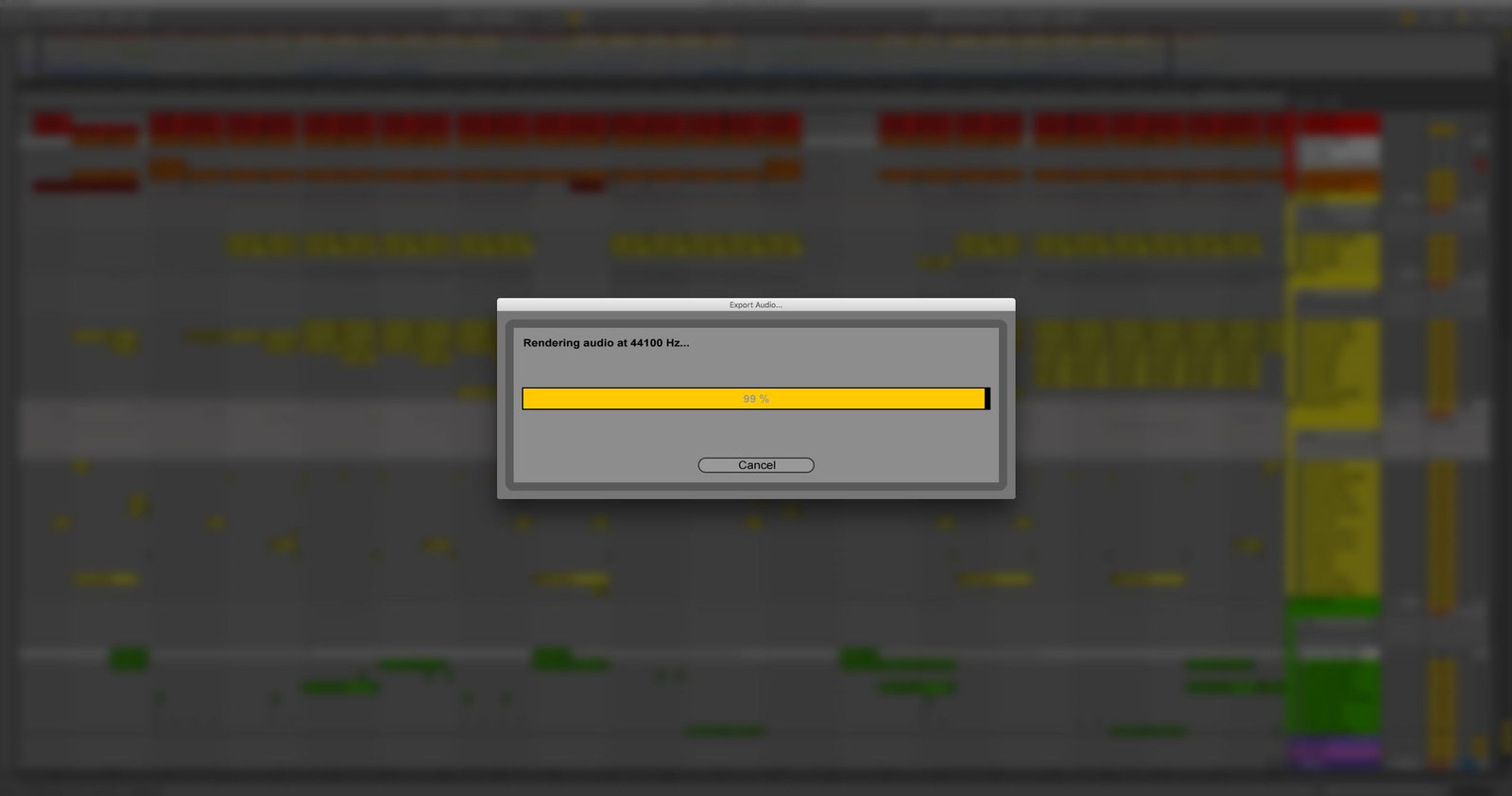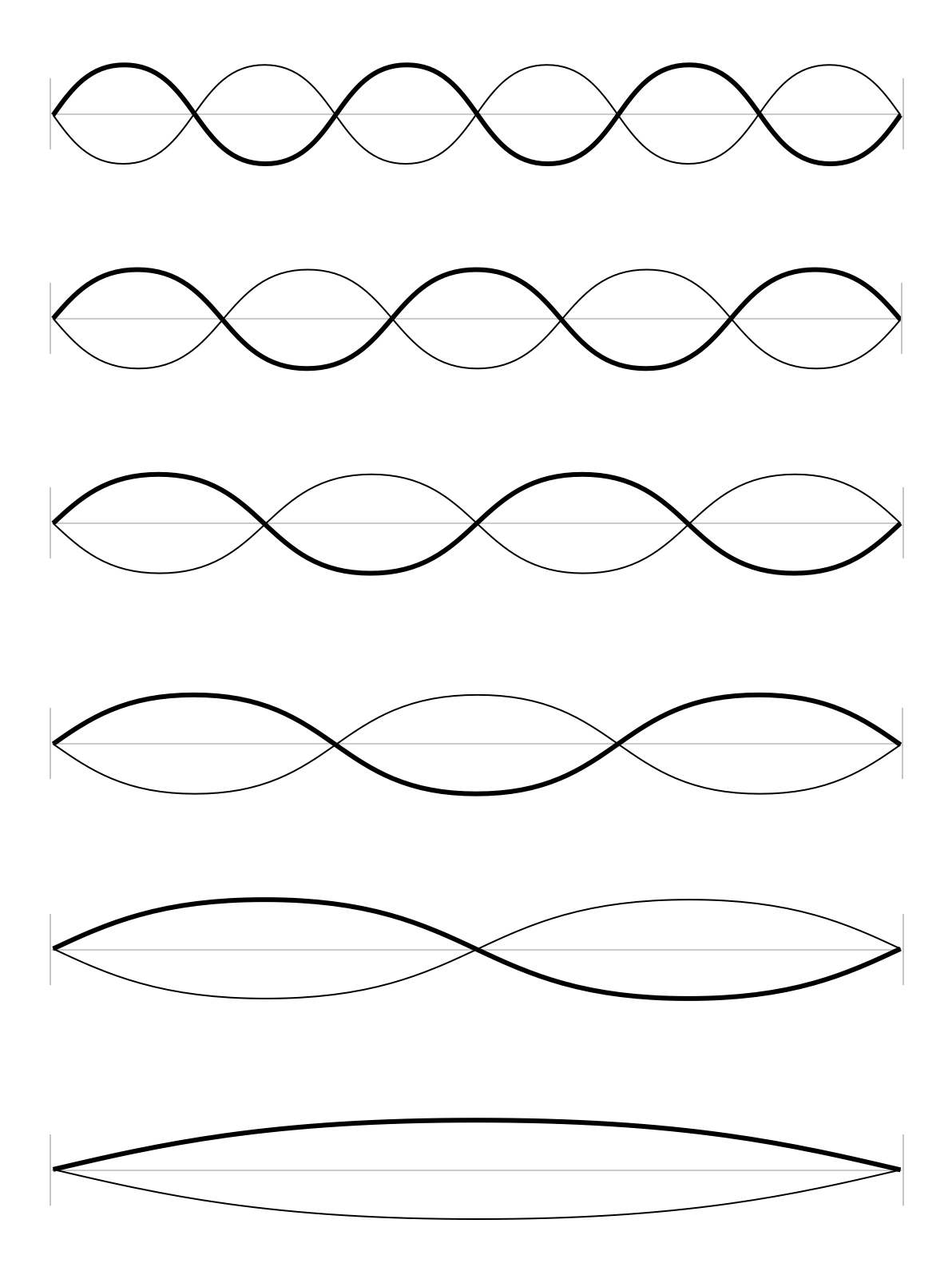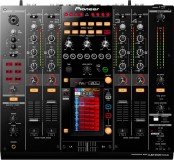5 tips on how to finish tracks
When you get stuck and about to give up

I keep getting stuck in drafts and can’t finish tracks. I make some basic arrangements, then I do some tweaks over and over again, but it seems I physically can’t finish tracks, you know? Then I start a new project, and it happens again, I get stuck and eventually give up on the track completely. Do you have some tips on how to finish tracks?
Simon Stone
Simon, I’m sure every music producer out there feels your pain! Indeed, getting stuck on unfinished tracks is probably one of the most common issues, I see people write about it all the time. Luckily, I know a few tips that might help.
Aim for results
First of all, ask yourself: do you really set your goal to finish the track? I know some producers who enjoy the process more than the results, they can tweak synthesizers for hours and days! And that’s totally fine, as long as you enjoy it and do not worry too much if this work will ever be released or not. However, if you’re not happy with this, then stop playing around with the synths, presets, samples, and stuff. Change your mindset, and aim for the results.
Embrace the limits
Can you draw a picture? The good answer should be the question “what picture?”, but what if I tell you to draw just some picture, with no more details — could you? I bet not. The same happens with music production. Having no limitations, you can create anything, but most likely, it turns into nothing. It’s like if you would sit with a blank paper trying to write a novel, having no ideas behind it. You should create a context of what and where will be happening.
Now let’s say you’d like to make a 138 BPM track, with no triples or swings, just a straight driving bassline, with a key bass note at D#m, with long progressions and not many breakdowns, with a strong lead what will be revealed in the main breakdown, with mysterious female vocal samples, and heavy atmospheric pads. Now we have a more specific talk, right? Such boundaries don’t limit your creativity but help and guide you through the process to the final result.
Looking at the description above, these are exactly the limits I’ve set myself when I made “Enuma Elish”:
Get inspired
One more reason why you probably get stuck is that you get bored. It especially can be true if you go the same route repeatedly, copy-pasting presets from one project to another. Don’t forget why you write music in the first place, you should be very excited about every project you are working on.
I realized that the tracks of mine that I like the most were made in one breath when you are completely immersed in it. Try to get inspired by whatever inspires you to feel that excitement again.
Keep it simple, do it quickly
Try to make it as simple as possible: get an idea → write it down → arrange a track → finalize the project. Stop thinking «maybe I should change or add something else?», and don’t “marinate” your ideas for months, just let them go. Don’t overthink, write music quickly. Remember, one finished track is worth more than a hundred drafts because you gain experience and growth.


Fantastic article Daniel, simple yet very sound advice, thank you
My routine to produce complete tracks:
Kick and bass
I usually dedicate a full session of about 2-3 hours making sure that both elements work well together.
Percussions
Here I have a basic set up and a specific order when write the percussions:
1st Draft Arrangement
The reason i go straight to arrangement from there is to get a general idea to what i want the track to sound like and all the variations i want to have. Note that i might actually change few things by the end of it but it is a good starting point. I also start colour coding and grouping everything ( always keeping the same colours for every single track) and start organizing my send effects (2-3 different size reverbs Ambience, Room, Plate or Hall, 3 different delays 1/8 mono delay, 1/8d ping pong and 1/4d ping pong and a transient shaper if some sounds lack punch)
Effects
It helps me develop the feel of the track and also it is a fairly fast process and i find it easier to delete things than trying to add stuff when you have been listening to the track a long time. Here again i do a lot of basic stuff.
Stabs
As one of my good friend said it is better to give yourself choices so i record approximately 20 different types of stabs with a variation of applied affects.
The Melodies
This is what people will remember so i dedicate a full session again to be sure that this is really what i want. I usually make of 4-5 different drafts for each main part and see which ones work best. The key here is the have layers that work well together. I also make sure that i have a hook and a hook is what all major artists do and do extremely well. It could be a short ½ bar melody at the end of a phrase, a vocal, a weird effect...
The Pads
I would normally have a low pad, a weird pad and a silk pad in order to have feel, movement and energy.
The Transitions
I am now linking the sections together and doing all my automations.
Mix down and mastering
That’s the part that usually takes forever as you try to sort out all sorts of conflicts, decide stereo placement and look how to gain dbs without affecting dynamics so much.
I am by no mean a pro and do not consider myself as a brilliant producer but i have had to make a Live for friend’s party and had to build more tracks in a very limited amount of time that i had been doing in the last few years together so i came up with that idea and created reflexes which is now helping me very much creating track faster and mainly complete tracks. Just to mention i also became a daddy in the meantime so my production time was even more limited. As a result i wrote 11 full tracks in 4 weeks only working evening from 21h to 2am. This is my personal solution and everyone should be looking in finding the routine that works for them.
Olivier Lenfant aka N-kore
Wow, thanks for your insights Olivier!
Find some track of your favourite producer with similar elements to your track and load it as an audio file into your sequencer. Listen to it carefully and just follow its progression. I don’t mean you should copy someone else’s music but just base your track on someone else’s track structure. This step helped me to understand how arrangement are built and to be more aware of when effects should be used for transitions and building more tension. It’s a skill that takes time to learn but it’s fun. Good luck ! ;)